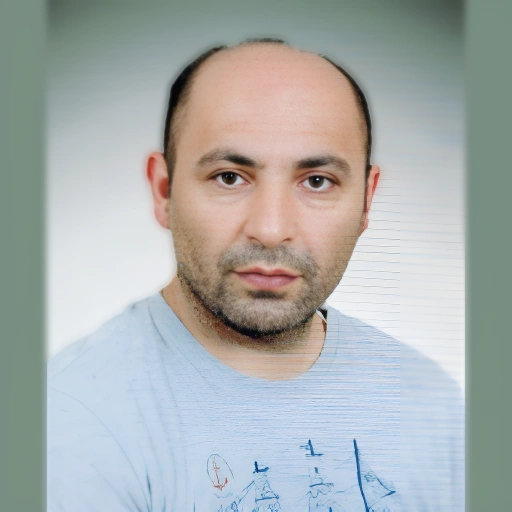Yazarlar (2)
Dr. Öğr. Üyesi Yusuf BAYAR
Kırşehir Ahi Evran Üniversitesi, Türkiye
Doç. Dr. Melih YILAR
Kırşehir Ahi Evran Üniversitesi, Türkiye
| Makale Türü | Özgün Makale |
| Makale Alt Türü | SSCI, AHCI, SCI, SCI-Exp dergilerinde yayınlanan tam makale |
| Dergi Adı | FRESENIUS ENVIRONMENTAL BULLETIN |
| Dergi ISSN | 1018-4619 Wos Dergi Scopus Dergi |
| Dergi Tarandığı Indeksler | SCI-Expanded |
| Dergi Grubu | Q4 |
| Makale Dili | İngilizce |
| Basım Tarihi | 01-2019 |
| Cilt No | 28 |
| Sayı | 4 |
| Sayfalar | 3492 / 3497 |
| Makale Linki | https://www.prt-parlar.de/download_feb_2019/ |
| Özet |
| This study was conducted in order to investigate the phytotoxic and antifungal activity of the methanol and n-hexane extracts obtained from the surface parts of the Salvia virgata Jacq. plant collected in Kirsehir province. In the experiments, S. virgata extracts were prepared and used in 125, 250, 500, 1000 ppm doses. The seeds of Lactuca sativa L., Lepidium sativum L., and Triticum vulgare L., plants were placed as 25 seeds for each of Petri dishes with a 9-cm diameter, which two layers of filter paper were placed, and it was humidified thoroughly for control purpose with distilled water and plant extracts (125, 250, 500, 1000 ppm) and then they were left for incubation for 3 weeks at 24 degrees C +/- 1 conditions. At the end of the period, the germination percentages, root-shoot developments and wet and dry weights of the seeds were determined. In the antifungal studies, the plant methanol and hexane extracts were added to the PDA environments prepared in the way for their final concentration to be 125, 250, 500, 1000 ppm doses. In the study, Thiram (80%) fungicide was used as the negative control (only PDA) and positive control. The extract and Thiram-added PDA were transferred to the petri dishes with 60-mm diameter. The mycelium of the pathogens was transferred to these petri dishes and left to incubation for 7 days. According to the trial results, the seed germinations of the S. virgata methanol and n-hexane extracts inhibited garden cress, wheat, and lettuce at the rate of 79.45%, 18.67%, 88.57%, and 78.08%, 82.86%, 100%, respectively. The mycelium developments of Rhizoctonia solani Kuhn, Alternaria solani (Ell. And G. Martin) Fusarium oxysporum f sp radicis lycopersici, and Verticillium dahliae pathogens were inhibited by 1000 ppm dose of methanol and n-hexane extracts; 0%, 28.17%, 38.77%, 0% and 2.43%, 36.04%, 37.0%, and 72.22%. |
| Anahtar Kelimeler |
| Antifungal activity | extract | phytotoxic effect | Salvia virgata |


